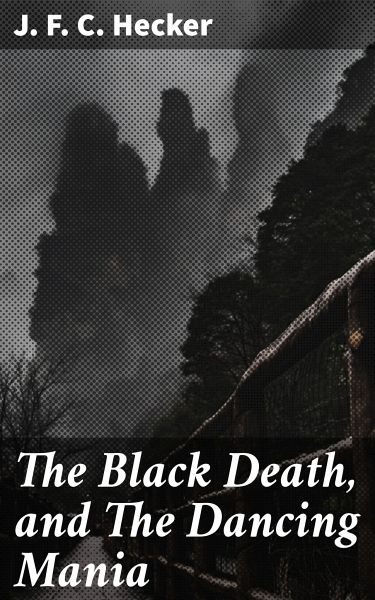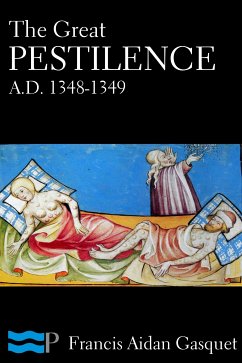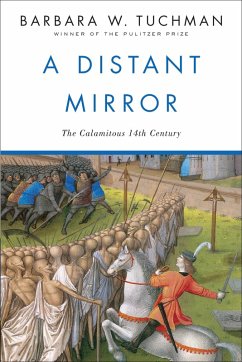
The Black Death, and The Dancing Mania (eBook, ePUB)
Enriched edition. Unraveling the Mysteries of Historical Epidemics
Kommentar: Byrne, Chloe / Redaktion: Good Press; Morley, Henry / Übersetzer: Babington, B. G.

PAYBACK Punkte
0 °P sammeln!
In "The Black Death, and The Dancing Mania," J. F. C. Hecker delves into the sociocultural ramifications of two of the most captivating phenomena of the medieval period. Hecker employs a meticulous narrative style interwoven with vivid historical accounts, as he explores the devastating impact of the Black Death alongside the perplexing episodes of mass hysteria known as the Dancing Mania. Through a blend of medical history and cultural analysis, Hecker situates these events within the broader context of the 14th century, examining how plague and psychological afflictions influenced societal n...
In "The Black Death, and The Dancing Mania," J. F. C. Hecker delves into the sociocultural ramifications of two of the most captivating phenomena of the medieval period. Hecker employs a meticulous narrative style interwoven with vivid historical accounts, as he explores the devastating impact of the Black Death alongside the perplexing episodes of mass hysteria known as the Dancing Mania. Through a blend of medical history and cultural analysis, Hecker situates these events within the broader context of the 14th century, examining how plague and psychological afflictions influenced societal norms, religious practices, and art. His attention to detail provides a profound understanding of the interplay between disease and human behavior in times of crisis. J. F. C. Hecker, a prominent German physician and historian of the 19th century, was driven by his deep curiosity about the historical interplay between health and society. His expertise in epidemiology and his interest in the human experience of epidemics rendered him uniquely equipped to scrutinize both the empirical and the emotional elements intrinsic to these historical narratives. Hecker's works reflect an era where the intersection of science, medicine, and culture was increasingly scrutinized, informing his perspectives on the events discussed in this volume. This seminal work is highly recommended for those seeking an in-depth historical exploration of societal responses to calamity. Hecker's insightful analysis not only sheds light on the events themselves but also prompts readers to consider the contemporary implications of collective trauma. As a critical intersection of history, medicine, and social commentary, "The Black Death, and The Dancing Mania" invites readers to reflect on how extremes of human experience shape culture and society. In this enriched edition, we have carefully created added value for your reading experience: - A succinct Introduction situates the work's timeless appeal and themes. - The Synopsis outlines the central plot, highlighting key developments without spoiling critical twists. - A detailed Historical Context immerses you in the era's events and influences that shaped the writing. - A thorough Analysis dissects symbols, motifs, and character arcs to unearth underlying meanings. - Reflection questions prompt you to engage personally with the work's messages, connecting them to modern life. - Hand-picked Memorable Quotes shine a spotlight on moments of literary brilliance. - Interactive footnotes clarify unusual references, historical allusions, and archaic phrases for an effortless, more informed read.
Dieser Download kann aus rechtlichen Gründen nur mit Rechnungsadresse in A, B, BG, CY, CZ, D, DK, EW, E, FIN, F, GR, H, IRL, I, LT, L, LR, M, NL, PL, P, R, S, SLO, SK ausgeliefert werden.













